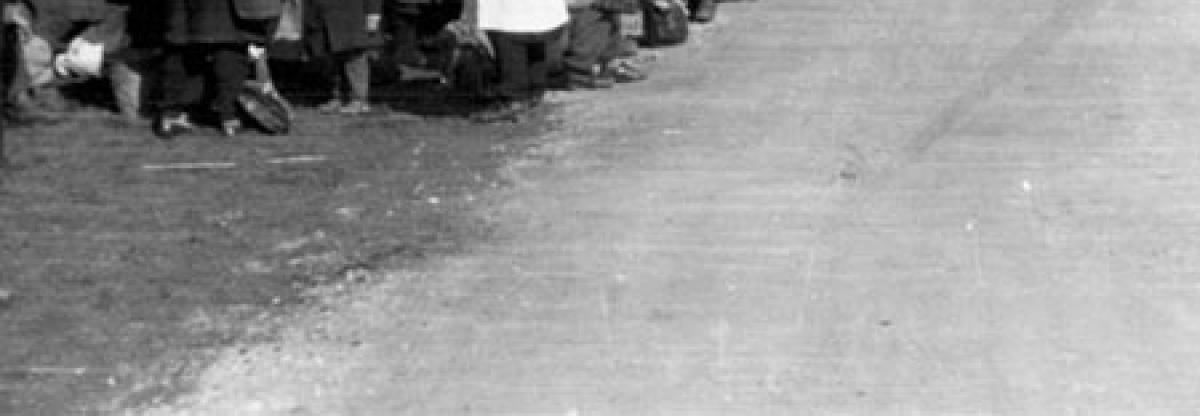
The Hungarian Parliament declared in a decision of Dec 3, 2012 that it considers important to remember those (ethnic) Hungarians, who were excluded from the Czechoslovak Republic as a result of the Benes-decrees, and resettled to Hungary despite their will, and also that Hungary supports the organizing of such commemorating events. The Hungarian Parliament also expressed its high esteem towards all, who have been deported for forced labour to the Czech Republic, and even such painful circumstances they managed to preserve their Hungarianness.
After the WWII Czechoslovak leadership pressed for the deportation of all ethnic Hungarians to Hungary; however, the Allies prevented a unilateral expulsion, and instead advised them to solve the minority problem through negotiations. As a result, the Czechoslovak government resettled more than 40,000 ethnic Hungarians to the Czech borderlands, provoking a protest from the United States. After this, Czechoslovakia pressed for a bilateral population exchange to remove ethnic Hungarians and increase its ethnic Slovak population, changing the ethnic makeup of the country. This plan was initially rejected by Hungary, however, one of the unconcealed purposes of the deportation of the Hungarians to the Czech lands was to pressure Hungary to agree. Soon, Hungary realized that the Allies are not actually much interested in the fate of the Hungarian minority, and that they would not halt the deportations; the peace treaty signed on 1947 did not include any provision concerning the protection of minorities.
In this circumstances, Hungary finally signed the bilateral agreement with Czechoslovakia in Budapest, on February 27, 1946. Finally, 75 thousand ethnic Hungarians were forcibly deported to Hungary.
(MTI, www.wikipedia.com, 12 Apr 2015)